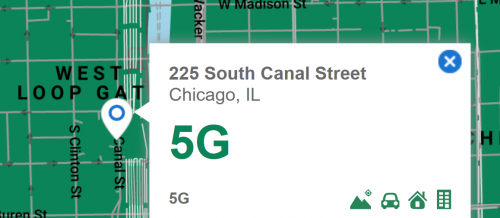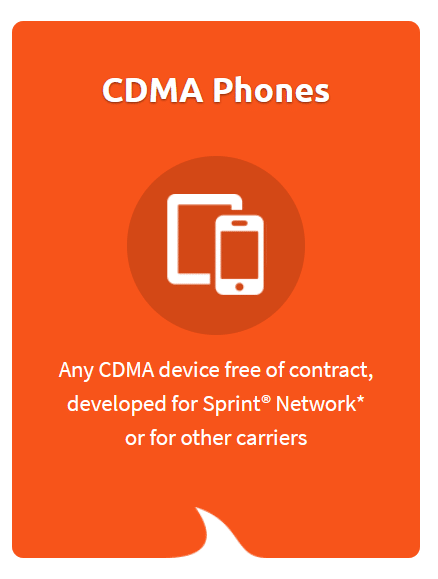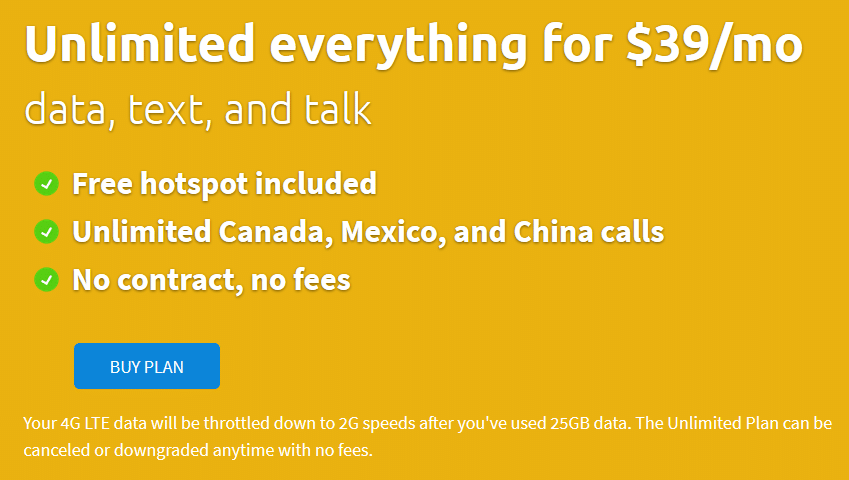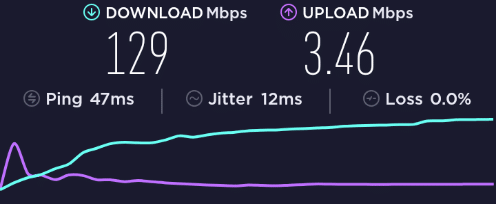Tello is trying to draw attention to its 5G service. Here are a few bits of content fresh from the carrier’s website:



5G was the main topic of one of Tello’s blog posts earlier this month. Here’s what Tello had to say about phone compatibility:
In all of Tello’s materials about 5G, I haven’t seen a mention of a key fact: Tello does not support 5G on iPhones.
This isn’t a small oversight. I’d guess that half of the 5G-compatible phones in the U.S. right now are devices in the iPhone 12 line.
Internal Confusion
It seems not everyone working for Tello is even aware that the carrier doesn’t support 5G on iPhones. This blog comment comes from a Tello representative:

I reached out to Tello’s support asking if the company supports 5G on both iOS and Android devices. Here’s the response I got:
It’s not true. It seems Tello doesn’t have a carrier bundle with Apple. Until that’s figured out, 5G and some other features may remain unavailable for Tello subscribers.
If Tello’s going to make a big deal about its 5G service, the company should make it clear that it does not support the most popular 5G phone.
Thanks to Stetson Doggett who let me know about the issues with 5G on Tello.








